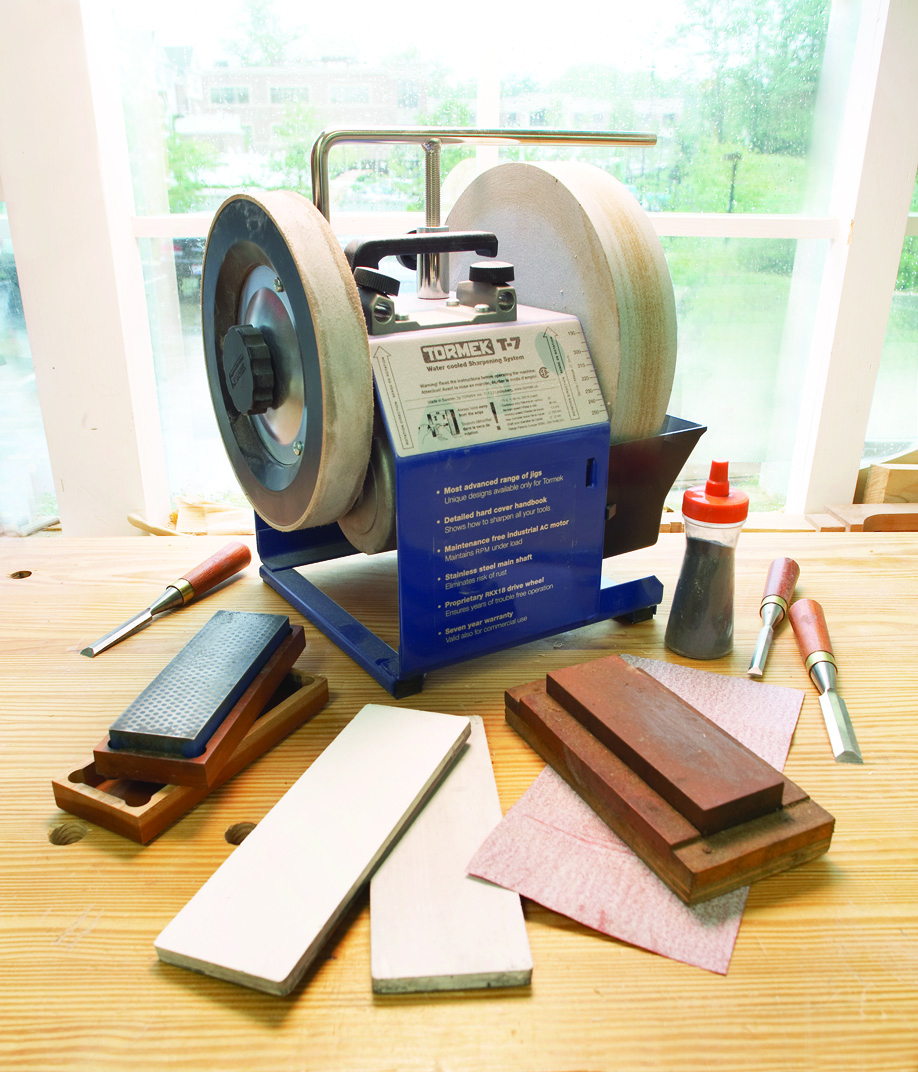We may receive a commission when you use our affiliate links. However, this does not impact our recommendations.

A 12-step program for regrowing forearm hair.
I head through the main doors, down the stairs to the basement, arriving at the third door on the right. Like everyone else, I grab a cup of coffee before finding a seat. By the time the clock gets close to 7 p.m., the entire group is sitting.
It is an eclectic group; the appearances are varied. The people range in age from 20 to more than 75. I am dressed in the business clothes I wore to work. One fellow is wearing overalls. The group is mainly men, but there are at least a couple women here, too. There does seem to be one common trait among this group: Each person has one arm that is completely free of hair below the elbow.
As the leader of this meeting, I start with a generic prayer.
Following this, I take the lead and say, “Hi, my name is Jeff, and I throw money into sharpening.”
I receive a communal response, “Hi Jeff!” Then, I continue sharing.
“I started with oilstones when I was a kid. Nothing big, just playing around with my Case “XX” pocket knife. It was fun. Eventually, I got into diamond stones. It was so gradual I didn’t seem to notice that I just kept moving to finer and finer grits. I was happy. I was getting good results. However, I kept thinking there was something else out there. One day a friend asked if I wanted to try his Japanese waterstones, and within a week I was using a #1,000, #4,000 and #8,000. I even had a Nagura.”
“Thanks, Jeff.”
“Hi, my name is Ed, and I’m a sandpaper sharpener.”
“Hi, Ed.”
“Like everybody else, I never saw the sharpening obsession coming. I thought I knew what sharp was. Who needs to shave the hair on the back of his hand with a chisel? Or so I thought. My experimentation didn’t venture out too much, because I landed on sandpaper pretty early. I was watching a Marc Adams video and he went through the process. At first I thought it was neat just to watch. Eventually, I brought it into my own shop. When I first started woodworking I never expected to have a piece of float glass and a spray bottle, but now I feel like I can’t work without them.”
“Thanks, Ed.”
“My name is Glen, and I’m addicted to power sharpening.”
“Hi, Glen.”
“I got my first Tormek in 1995. I have every attachment. Even though my Tormek still runs, I bought the Jet two years ago just to do my own side-by-side comparison. I also own a LapSharp and the Lee Valley Mk. II system. Earlier this year I bought the Work Sharp machine. I get good results with all of them, yet each leaves me feeling hollow … like there is a keener edge still to be found. I don’t know how, but someday I’m going to beat this thing.”
“Thanks, Glen.”
A few more share their struggles with diamond paste, leather strops and other vices. Others tell of the victims that have been hurt by their struggles with sharpening.
Tears well up in the eyes of Carol as she describes ruining the temper on a plane blade through the cavalier use of a traditional high-speed grinder. Dylan cries when he describes ignorantly using David Charlesworth’s ruler trick on an entire set of socket chisels.
I remind the group that we walk the path day by day, and regardless of what the world says, there is no shame in using a file to break the corners of a plane blade.
Soon, it is time for us to go. As our departure ritual requires, we recite our prayer together.
“God, grant me the serenity to accept the things I cannot change. The courage to change the things I can. And the wisdom to know the difference between the two. Regrow the hair that I have shaved off my arm, and by your grace may I never sink so low as to embrace a honing guide … unless it is one of the new ones that costs over a hundred bucks. Amen.” –Jeff Skiver
Here are some supplies and tools we find essential in our everyday work around the shop. We may receive a commission from sales referred by our links; however, we have carefully selected these products for their usefulness and quality.








